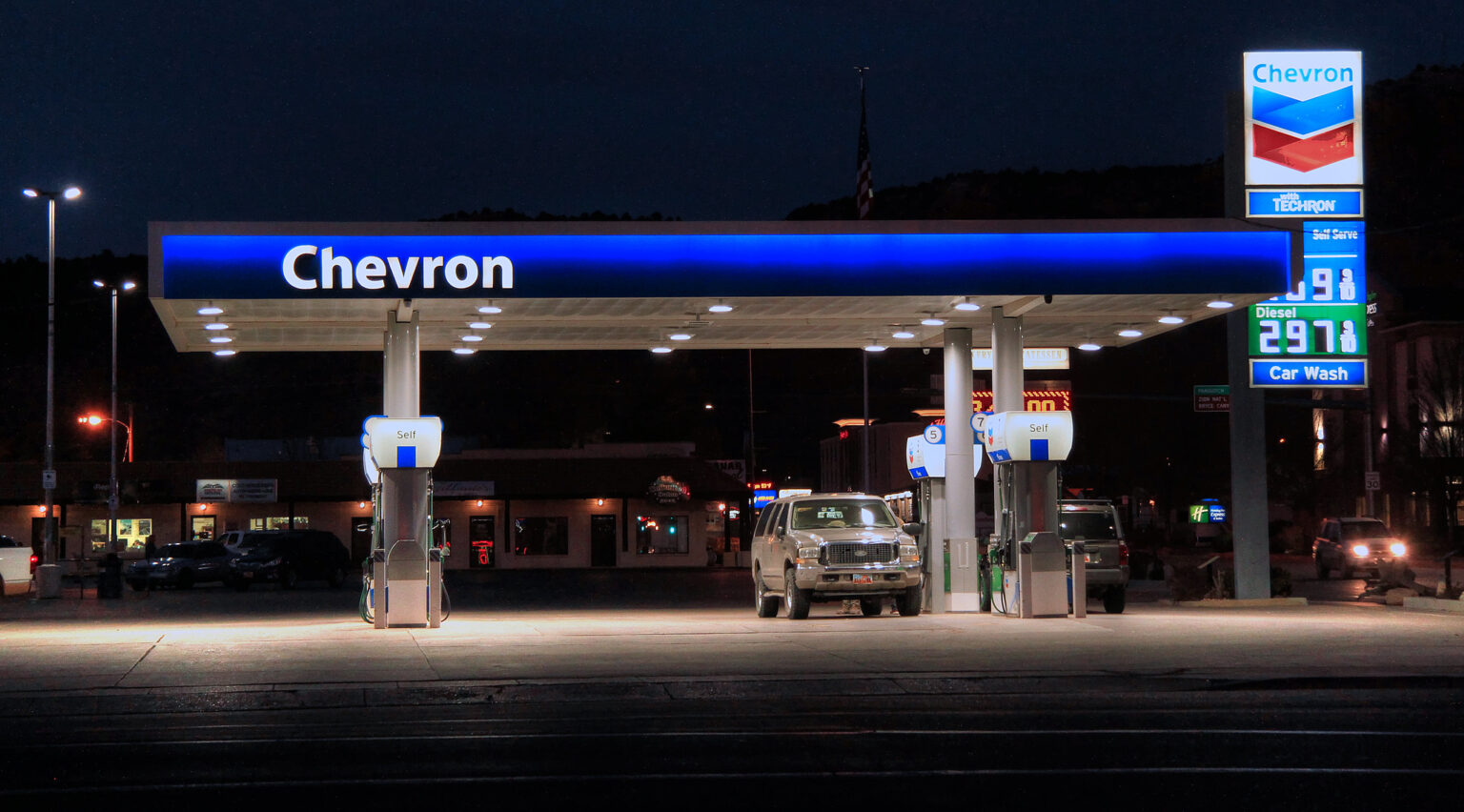Companies’ climate commitments are largely misaligned with their lobbying activities, with more than half of the world’s largest corporations at risk of “net zero greenwashing,” according to a new report.
An analysis of nearly 300 of the top companies from the Forbes 2000 list found that 58 percent did not match their climate policy influencing actions with their public claims of being committed to the Paris Climate Accord and achieving net zero emissions.
“Net Zero Greenwash: The Gap Between Corporate Commitments and Their Policy Engagement,” assessed companies’ lobbying against their net zero pledges. It determined that a company is at risk of greenwashing if it has announced a net zero or similar target, but is not sufficiently supportive of policies needed to achieve the Paris Agreement objectives, based on the LobbyMap platform that tracks corporate engagement on climate policy.
InfluenceMap, a London-based climate think tank, published the study today ahead of the COP28 climate summit in Dubai that begins on Nov. 30. It comes one year after a report from a UN High-Level Expert Group, issued at COP27 in Sharm-el Sheikh, Egypt, warned that climate pledges put forth by non-state actors are at risk of losing their credibility without concerted efforts to align words with actions. “We must have zero tolerance for net-zero greenwashing,” UN Secretary General António Guterres said last November during the launch of that report, called “Integrity Matters: Net Zero Commitments by Businesses, Financial Institutions, Cities and Regions.”
While the “Integrity Matters” report laid out a roadmap with detailed recommendations to avoid this greenwashing, many large corporations have not heeded the advice when it comes to their lobbying around climate-related policies, the new InfluenceMap study suggests.
Study ‘Should Be a Wake-up Call
The findings of the “Net Zero Greenwash” analysis “should be a wake-up call for businesses across the globe,” Catherine McKenna, chair of the High-Level Expert Group, CEO of Climate and Nature Solutions, and former Canadian Minister of Environment and Climate Change, said in a press release accompanying the study.
“It’s clear that while companies are quick to showcase their climate commitments, too many of them are not backing that up with support for positive government policy on climate,” she added. “Not only are many companies choosing to undermine their own climate commitments by lobbying against climate action, their net zero commitments are simply not credible.”
In the report, researchers examined 293 of the world’s biggest corporations on their policy engagement, including direct lobbying and lobbying through industry associations. They found that 36.5 percent of them were at “moderate risk” of net zero greenwashing, while 21.5 percent were at “significant risk” of it.
Chevron, ExxonMobil, Delta Airlines, Duke Energy, Glencore International, Nippon Steel Corporation, Repsol, Stellantis, Southern Company, and Woodside Energy Group Ltd. are among the companies identified as being at significant risk of net zero greenwashing as they advocate to weaken or block climate policies or expand fossil fuels at the same time that they profess to be committed to climate action or net zero goals.
Swiss mining giant Glencore, for example, opposed the introduction of new climate policy in the European Union last year. Australian oil and gas producer Woodside Energy lobbied in support of new fossil gas supply while opposing a fossil fuel phaseout in Australia this year. And the U.S.-based gas and electric utility, Southern Company, advocated to preserve the role of fossil gas in transportation and buildings last year, InfluenceMap points out. All three companies have made commitments to reach net zero emissions by 2050.
Will Aitchison, lead author of the study and a director of communications at InfluenceMap, said this misalignment poses grave risk to meeting global climate goals.
“Unless companies match their climate commitments with ambitious support for government-led policy action, the Paris Agreement goals will be impossible to reach,” he said in the press release.
Subscribe to our newsletter
Stay up to date with DeSmog news and alerts







